Moradabad metalware cluster faces challenges like bad working conditions
Updated: Sep 03, 2013 05:21:46pm

Moradabad, Sep 3 (KNN) Moradabad brassware cluster in Uttar Pradesh has an annual turnover over Rs 3, 500 crore of which 80 per cent is earned through exports of metalware. Despite growth there has been a significant decline in the number of artisans due to challenges in living conditions, wages, raw material procurement, prices and stricter international compliance norms, according to a study.
“Poor wages is a major deterring factor for new workforce to join the production units. The artisans get paid a compensation of Rs 26 per kg for the final product,” said a study based on the Innovation Cluster Initiative of the National Innovation Council (NIC) by Indian School of Business (ISB).
Further, lack of basic infrastructure like power, pollution, health hazards and poor remuneration are forcing artisans to opt out of the traditional profession, it said.
The coal based furnace creates harmful air pollutants and ash. These form squalid living conditions for the artisans and their families. Also, hazardous air pollutants released during melting of brass cause respiratory diseases like tuberculosis and various types of cancer.
In addition, the electrolyte used for plating brass metalware contains cyanide, an extremely hazardous chemical affecting the health of artisans.
Also strict international compliance norms mandate that hazardous chemicals such as cyanide should not be used. However, cluster members say that certain properties of cyanide make it hard to replace during the electroplating process.
“Inadequate and interrupted power supply have been a major cause of concern for operating the units at an optimal level,” the study added.
Electricity is essential for all stages of production-scrapping, casting, sheet metal-making, finishing and electroplating.
On an average, the total effective power supply during daytime is only four hours compared to overall power supply of 10-12 hour during the entire day. This makes it difficult for artisans to complete work on time.
In addition, the production units have resorted to utilizing power from diesel run generators. This has resulted in high cost of production. The grid power costs approximately Rs eight per unit while diesel generator power costs approximately Rs 14 per unit.
As a result, it has increased the overall manufacturing cost making it highly uncompetitive in the international and domestic markets.
Moradabad is home to one of the oldest brassware clusters in India and is also called 'Peetal Nagri', meaning brass city. Out of the annual turnover, exports stand at approximately Rs 2,700 crore which in turn is about 20 per cent of the total handicrafts exports from India.
According to local industry estimates, there are 1,200 registered exporters who outsource work orders from small scale manufacturing units who in turn employ the artisans.
The cluster consists of 1,800 small scale manufacturing units, locally called ‘karkhanedars’ and 25,000 unregistered household units.
In 2008-09, these units together employed 3,60,000 people. According to local industry exporters, the number has now come down to around 1,80,000 artisans, the report said.
The other problem is higher raw material prices and an increased need for capital. However, there are no established lines of credit available to the artisans and karkhanedars.
Countries such as China, Thailand etc, have produced alloys which are brass-like metals. These products are cheaper, lighter and do not tarnish easily.
The Moradabad brassware cluster’s practices are centuries-old, hence they are struggling to compete with superior quality global brassware products.
The city is located close to the national capital and very well connected by road. However, in the absence of a structured marketing platform to showcase the products and being a much unorganized city, buyers are hesitant to visit the place.
Suppliers have to visit New Delhi to showcase their products to the buyers and take orders.
A proper marketing infrastructure setup would enable Moradabad to attract buyers and transform it into a sourcing hub. (KNN/GUNJ)

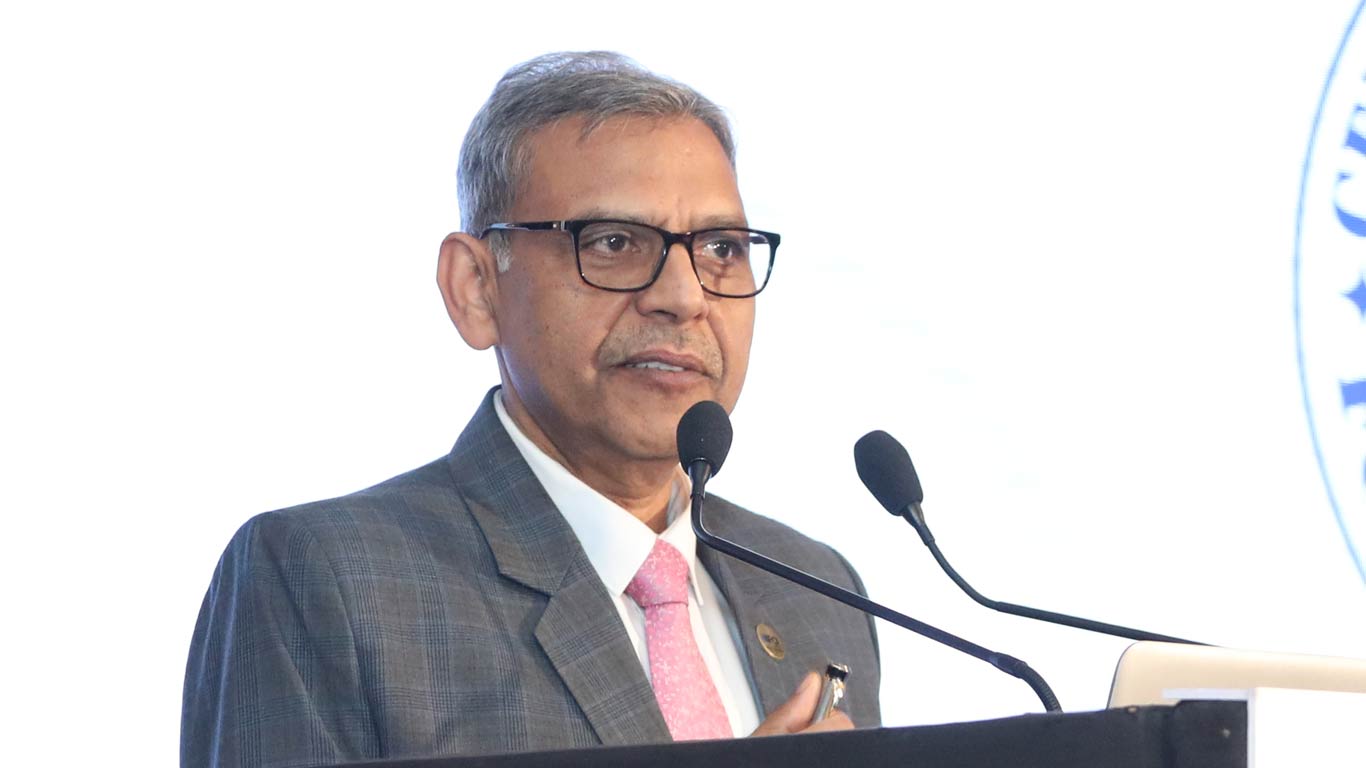
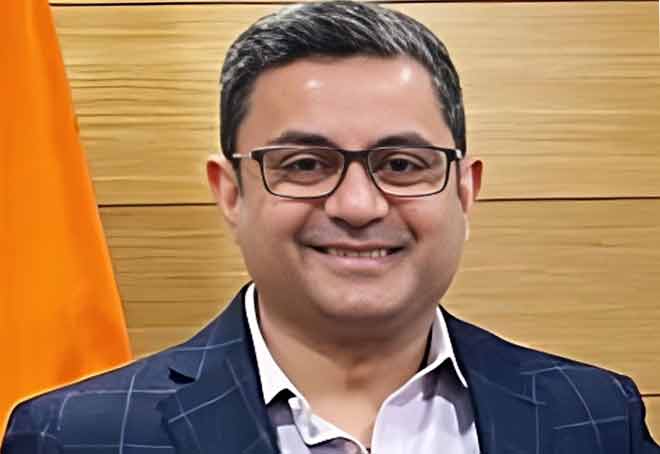
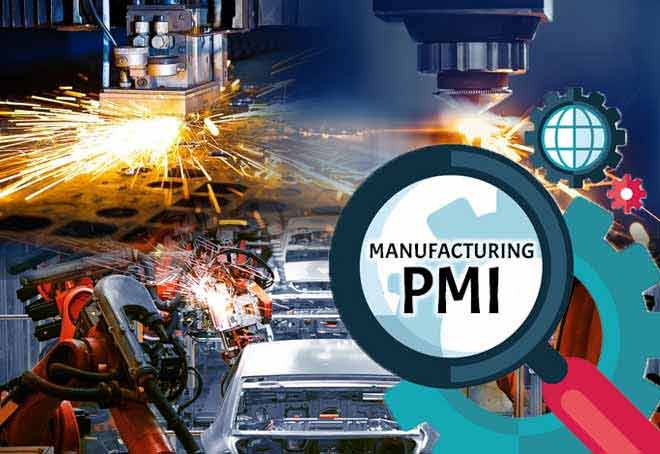
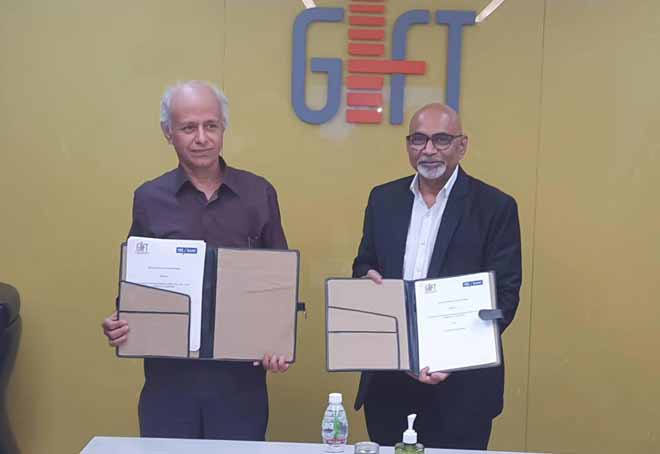
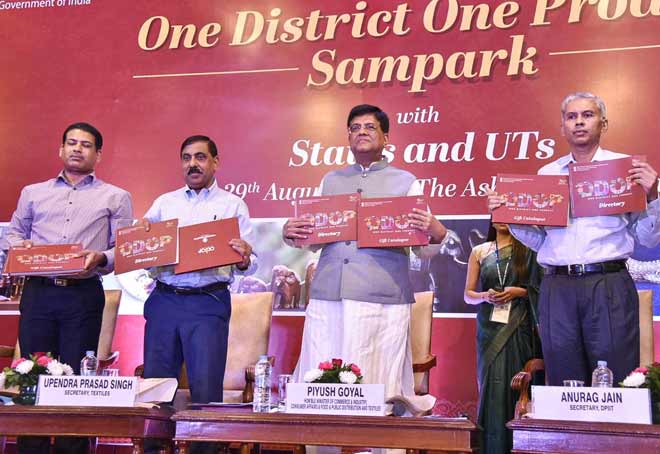





